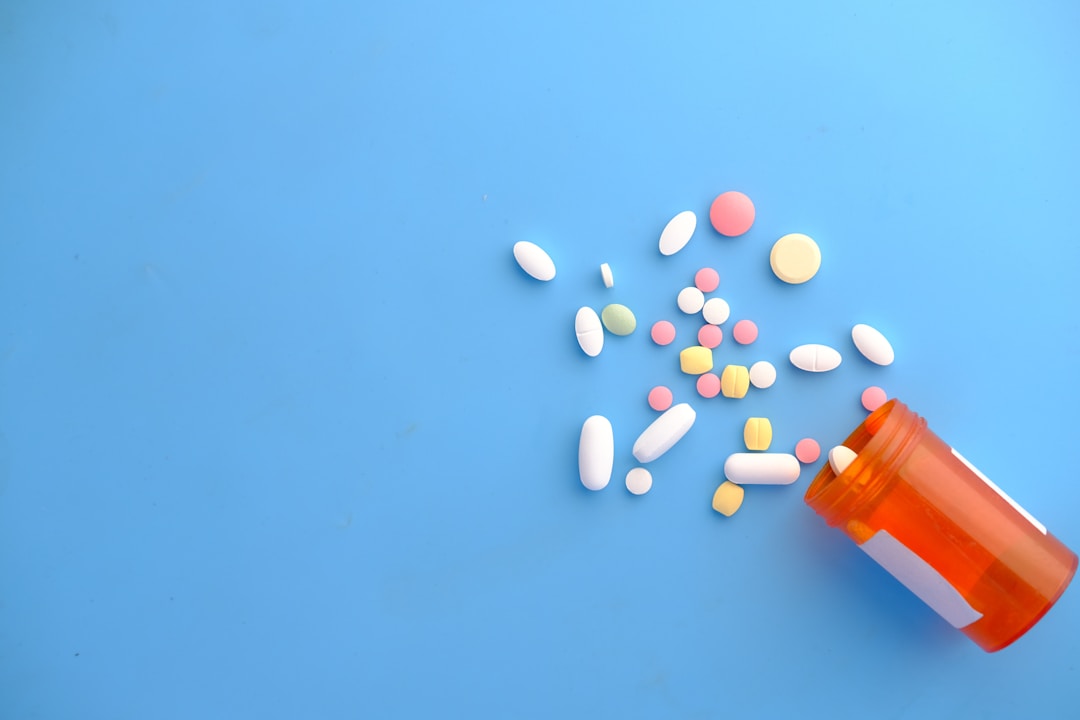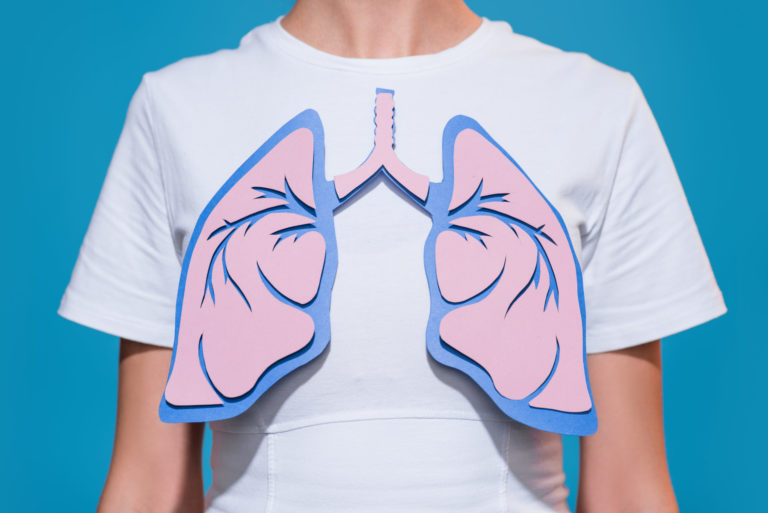You may or may not be aware of the pending litigation against Truvada, but if you or someone you know has been prescribed Truvada recently, it’s worth taking the time to educate yourself. In some cases, Truvada has been linked to serious side effects, which can have a significant impact on your finances, your health, and your overall quality of life. If you or a loved one sustained an injury that may be connected to the use of Truvada, read on to find out what documents you should prepare before meeting with a Truvada lawyer.
What documents do you need to prepare for your Truvada lawyer?

The pending litigation against Truvada is related to the fact that many patients have experienced injuries, specifically related to the bones and kidneys, after taking the drug. However, in order for a judge to determine how much money you’re owed in a settlement or judgment, you’ll need to prove the extent of the damages you suffered as a result of your experience. That means your lawyer will require ample documentation so that you can substantiate your claim and ensure that you receive the compensation you’re owed.
When you have a consultation with a Truvada lawyer, you should put together as much documentation as you can to support your claim. Some examples of documents you should bring include medical bills, receipts for related expenses, pay stubs to demonstrate any lost income, and a written or typed timeline of the events of your case. Records related to any medical visits you had connected to your Truvada prescription, as well as a copy of the prescription itself, should also be taken with you to your meeting with the lawyer who will be handling your claim.
If you’re anxious about approaching a legal professional due to fear of the cost of pursuing your claim, you shouldn’t be. Most personal injury attorneys work for what is known as a contingency fee. That means their fee will be taken as a percentage of the final judgment or settlement you receive after your case has been successfully resolved, which will prevent you from being responsible for the out-of-pocket cost of filing your suit.
What should you know about HIV treatment and Truvada?

HIV is short for human immunodeficiency virus. When contracted, HIV damages your immune system, which in turn makes you more vulnerable to developing a wide range of illnesses and cancers. When untreated, HIV can eventually develop into AIDS (acquired immunodeficiency syndrome). Though there is no cure, with treatment, HIV patients can live long and healthy lives without progressing to the point of receiving an AIDS diagnosis.
There is a misconception that HIV primarily or almost exclusively affects members of the LGBT community, particularly gay and bisexual men, but that isn’t actually true anymore. In the United Kingdom, HIV infects more heterosexual individuals than men who identify as gay or bisexual. This underscores why it’s so important to invest in prevention and treatment, though it’s just as important to be aware of potential side effects and what to do if you experience them. If you have any concerns about your medication or treatment, it’s always best to talk to your health care provider right away.
Seeking treatment for HIV or trying to prevent contracting the virus is an admirable goal, which is why it’s so unfortunate that some patients have been negatively affected by Truvada. If you or a loved one experienced injuries after taking Truvada, particularly if they are bone- or kidney-related, you may be eligible to file a claim against Gilead Sciences and obtain a settlement to cover the expenses associated with your injury. The amount of your settlement can vary based on the details, but it can be a lifeline for many who are struggling with lost wages and medical bills.












